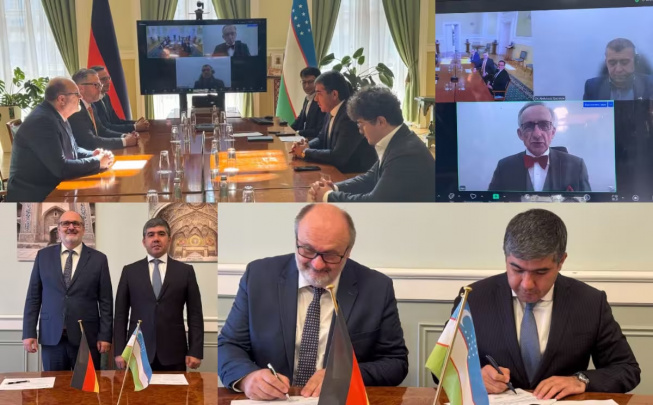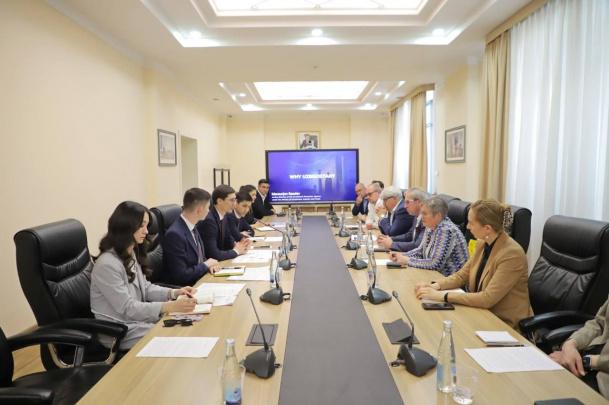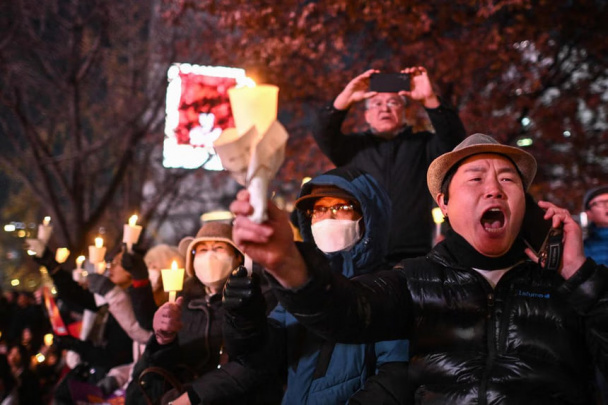South Korea reduces Uzbek migrant intake amid job abandonment concerns
In 2023, 4,878 citizens of Uzbekistan were employed in South Korea under the E-9 visa. By 2024, this number had dropped to 3,080. According to a representative of the Migration Agency, the decline is primarily due to migrants leaving their jobs without valid reasons and some employers declaring bankruptcy.
South Korea has operated a labor migration system since 2007 to address workforce shortages. Each year, through the Employment Permit System (EPS), the country recruits workers from 16 nations.
For instance, in 2024, South Korea hired a total of 165,000 foreign workers, of which only 3,080 were from Uzbekistan. Doston Olimjonov, a chief specialist at the agency, noted that a similar trend was observed in Nepal.
"In 2023, Nepal sent 19,758 workers to South Korea, but this figure dropped to 7,081 in 2024. A similar situation exists in Uzbekistan. What’s causing this? Primarily, workers abandon their jobs or switch employers. Additionally, changes in South Korea's economy have led many companies to declare bankruptcy. This decline isn’t limited to Uzbekistan but is also seen in other countries," Olimjonov explained.
Azim Akhmatov, head of the agency’s department, pointed out that after incurring expenses to migrate, Uzbek workers often leave their jobs to join close relatives who invite them.
"As a result, South Korea is now favoring workers from Senegal and Vietnam, as they have fewer instances of leaving their jobs within 1–2 years. We cannot influence South Korea's choice of workers — they can select migrants from any country they prefer," Akhmatov said.
To address the issue, the agency plans to increase awareness campaigns and job readiness programs for potential migrants. Workers will familiarize themselves with the work environment at South Korean companies. These measures are expected to yield results starting in 2025.
Akhmatov also mentioned that the costs of migrating to South Korea have risen. Preparation programs lasting from one to two weeks are conducted, and as the agency operates as a self-financed entity, fees are collected from workers for services and facilities provided.
In contrast, Akhmatov noted that Uzbek migrants to Russia adapt more quickly and that discussions are underway to waive fees deducted from their wages. However, the agency’s press service immediately refuted this claim, clarifying that the fee system had already been abolished.
Recommended
List of streets and intersections being repaired in Tashkent published
SOCIETY | 19:12 / 16.05.2024
Uzbekistan's flag flies high on Oceania's tallest volcano
SOCIETY | 17:54 / 15.05.2024
New tariffs to be introduced in Tashkent public transport
SOCIETY | 14:55 / 05.05.2023
Onix and Tracker cars withdrawn from sale
BUSINESS | 10:20 / 05.05.2023
Latest news
-
Azerbaijan, Kazakhstan, and Uzbekistan plan to establish green energy corridor
SOCIETY | 19:33
-
Former Presidential Administration chief Zaynilobiddin Nizomiddinov becomes Bekabad district governor
POLITICS | 19:31
-
Shavkat Mirziyoyev proposes global ethical standards for artificial intelligence use
SOCIETY | 19:17
-
Rising meat prices in Uzbekistan: What factors are driving the surge?
SOCIETY | 19:15
Related News

14:45
Uzbekistan and Germany sign tripartite memorandum on labor migration

16:40 / 04.04.2025
Aggregators to pay taxes on behalf of self-employed taxi drivers and couriers earning over 100 million UZS

15:45 / 03.04.2025
Germany considers recognizing diplomas issued in Uzbekistan

13:35 / 03.04.2025



